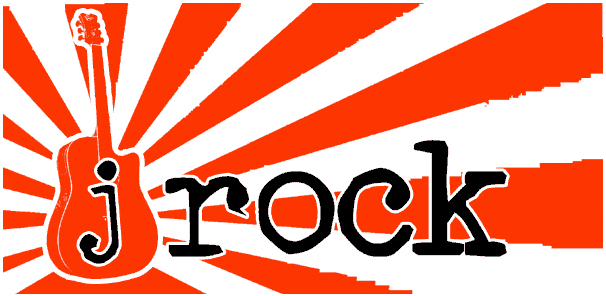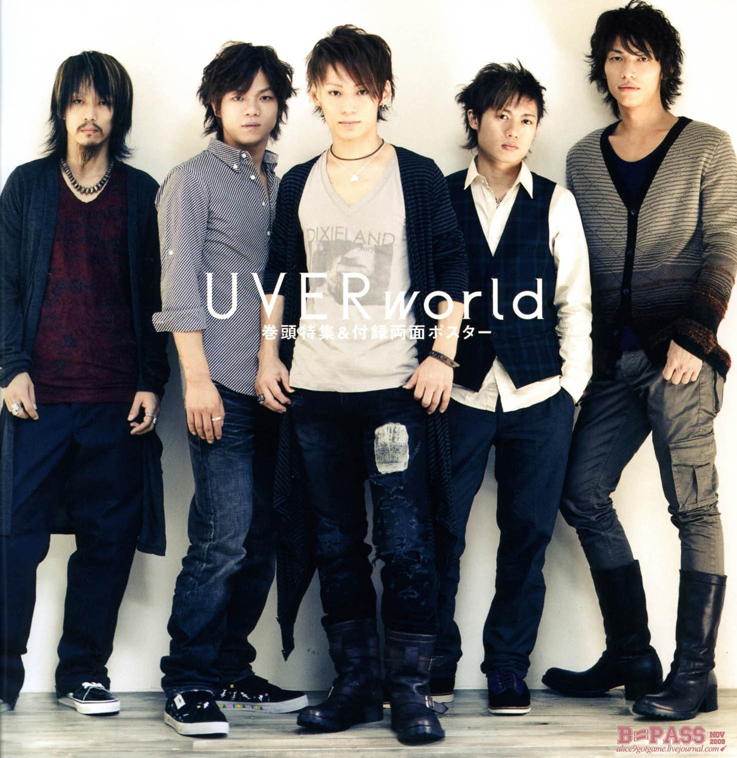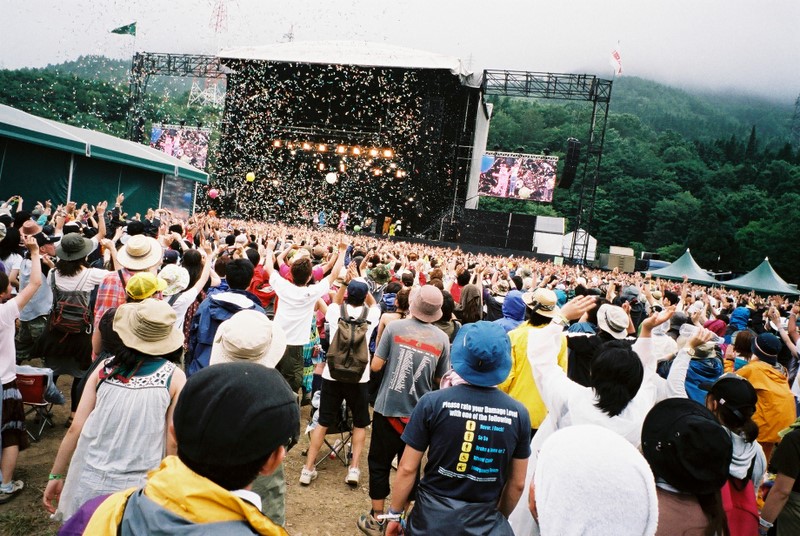J-Rock
From Go Japan Go

Japanese rock is a form of popular music, often abbreviated to "J-Rock" in much the same way that "J-Pop" is used as an abbreviation of Japanese Pop. J-Rock is one of the most popular forms of music in Japan.
From Wikipedia, the free encyclopedia
In the 1960s, Japanese rock music bands imitated Western rock musicians such as The Beatles, Bob Dylan, and the Rolling Stones, along with other Appalachian folk music, psychedelic rock, mod and similar genres; this was called Group Sounds (G.S.). John Lennon of The Beatles later became one of most popular Western musicians in Japan.
Several Japanese musicians began experimenting with electronic rock in the early 1970s. The most notable was the internationally renowned Isao Tomita, whose 1972 album Electric Samurai: Switched on Rock featured electronic synthesizer renditions of contemporary rock and pop songs. Other early examples of electronic rock records include Inoue Yousui's folk rock and pop rock album Ice World (1973) and Osamu Kitajima's progressive psychedelic rock album Benzaiten (1974), both of which involved contributions from Haruomi Hosono, who later started the electronic music group "Yellow Magic Band" (later known as Yellow Magic Orchestra) in 1977. Most influentially, the 1970s spawned the electronic music band Yellow Magic Orchestra, led by Haruomi Hosono.

In the 1990s, Japanese rock musicians such as B'z, Mr. Children, Glay, Southern All Stars, L'Arc-en-Ciel, Tube, Spitz, Wands, T-Bolan, Judy and Mary, Asian Kung–Fu Generation, Field of View, Deen, Ulfuls, Lindberg, Sharam Q, The Yellow Monkey, The Brilliant Green and Dragon Ash achieved great commercial success. B'z is the #1 best selling act in Japanese music since Oricon started to count, followed by Mr. Children.
In the 1990s, pop songs were often used in films, anime, television advertisement and dramatic programming, becoming some of the best-selling forms of music in Japan. The rise of disposable pop has been linked with the popularity of karaoke, leading to criticism that it is consumerist: Kazufumi Miyazawa of The Boom said "I hate that buy, listen, and throw away and sing at a karaoke bar mentality." Of the visual kei bands Luna Sea, whose members toned down their on-stage attire with on-going success, was either very successful, while Malice Mizer, La'cryma Christi, Shazna, Janne Da Arc, and Fanatic Crisis also achieved commercial success in the late 1990s.

The first Fuji Rock Festival opened in 1997. Rising Sun Rock Festival opened in 1999. Summer Sonic Festival and Rock in Japan Festival opened in 2000. Though the rock scene in the 2000s is not as strong, newer bands such as Bump of Chicken, ONE OK ROCK, Sambomaster, Flow, Orange Range, Remioromen, Uverworld, Radwimps and Aqua Timez, which are considered rock bands, have achieved success. Orange Range also adopts hip hop. Established bands as B'z, Mr. Children, Glay, and L'Arc-en-Ciel also continue to top charts, though B'z and Mr. Children are the only bands to maintain a high standards of their sales along the years.
